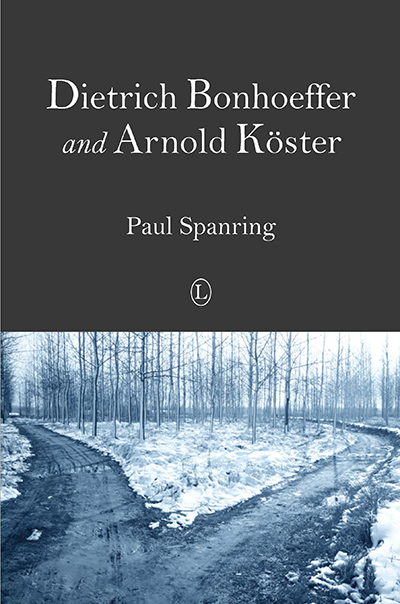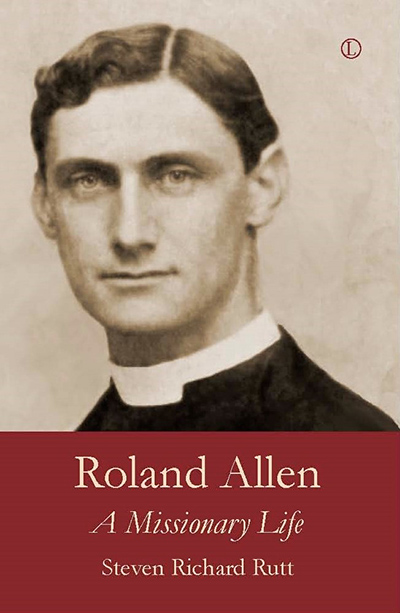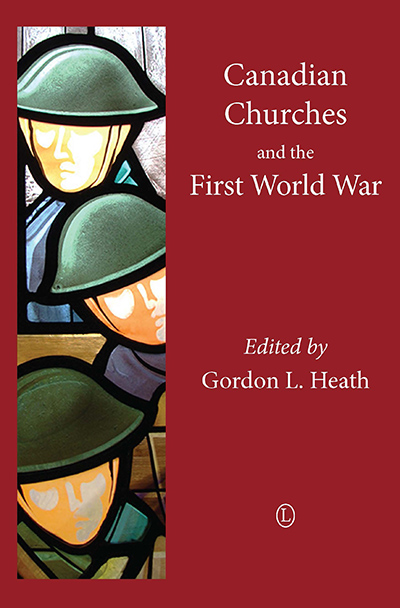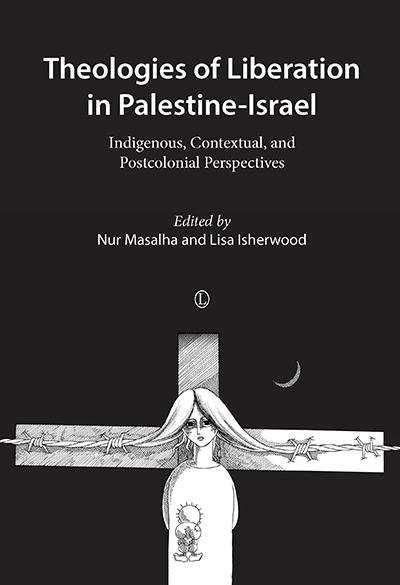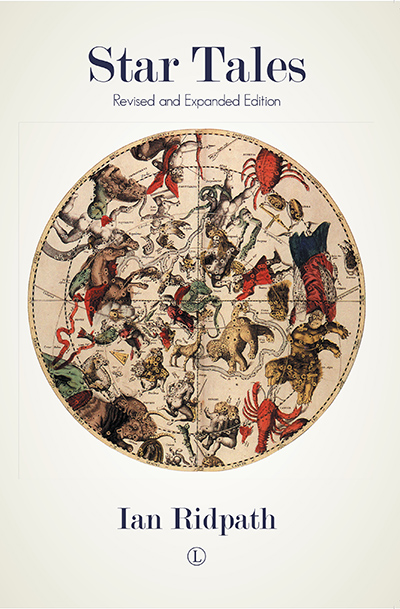Description
Baptists and Lutherans often define the tension of being in the world, but not in terms of two separate realms: the kingdom of God and the kingdom of the world. However, their understanding of these realms and their delicate connection is quite nuanced. Within the Lutheran tradition, the two kingdoms are held in tension, which in turn leads to a precarious interaction of state and church. In the (Ana)Baptist tradition, a much stricter duality is emphasised, resulting in a more radical and separatist stance.
Dietrich Bonhoeffer and Arnold Köster analyses and compares the historical development of these two viewpoints, and to discover how these traditions, represented in the lives of two individual followers, responded to the ideological onslaught of neopaganism and the enforced political conformity of the Third Reich. Compared to Dietrich Bonhoeffer, little is known of the Baptist preacher Arnold Köster. His ministry as a pastor of the Baptist church in Vienna lasted from 1928-1960. During the Nazi regime, he consistently preached critically and prophetically against its underlying ideology.
About the Author
Paul Spanring is the minster of Cheddar Baptist Church in Somerset. He has been involved in Christian work in his native country of Austria as well as in Micronesia and Africa.
Contents
Foreword by Keith W. Clements
Preface
1. Following Jesus
2. Dietrich Bonhoeffer
3. Arnold Köster
4. The World
5. Engaging with the World
6. The Church
7. Salvation
8. Conclusion
Appendices
1. A Fictional Encounter
2. Interviews
3. Arnold Köster Source Material
Bibliography
Endorsements and Reviews
Spanring rescues Köster’s (Ana)Baptist path of resistance from obscurity, and by contrast throws new light on Bonhoeffer’s path. His comparative study reveals two men who drew skillfully on their respective traditions while fighting just as courageously against distortions of them. Arguing that their lives serve as boundary markers on opposite sides of the path of discipleship, Spanring urges fellow travelers to remember they followed Jesus to the borders by clinging closely to Christ, the center.
Joel Burnell, Lecturer of Dogmatics II and Moral Theology, Evangelical School of Theology, Poland
This is a useful read for students of the church under the Third Reich, highlighting a little known pastor and the complex, sometimes ambiguous, nature of his resistance to Nazism. There is also interesting material on the Confessing Church, and on how the different trajectories of the Reformation, Lutheran, and Anabaptist fed into the catastrophe of the twentieth century Germany. So well worth the read.
Peter Waddell, in Reviews in Religion and Theology, Vol 24, Issue 4

